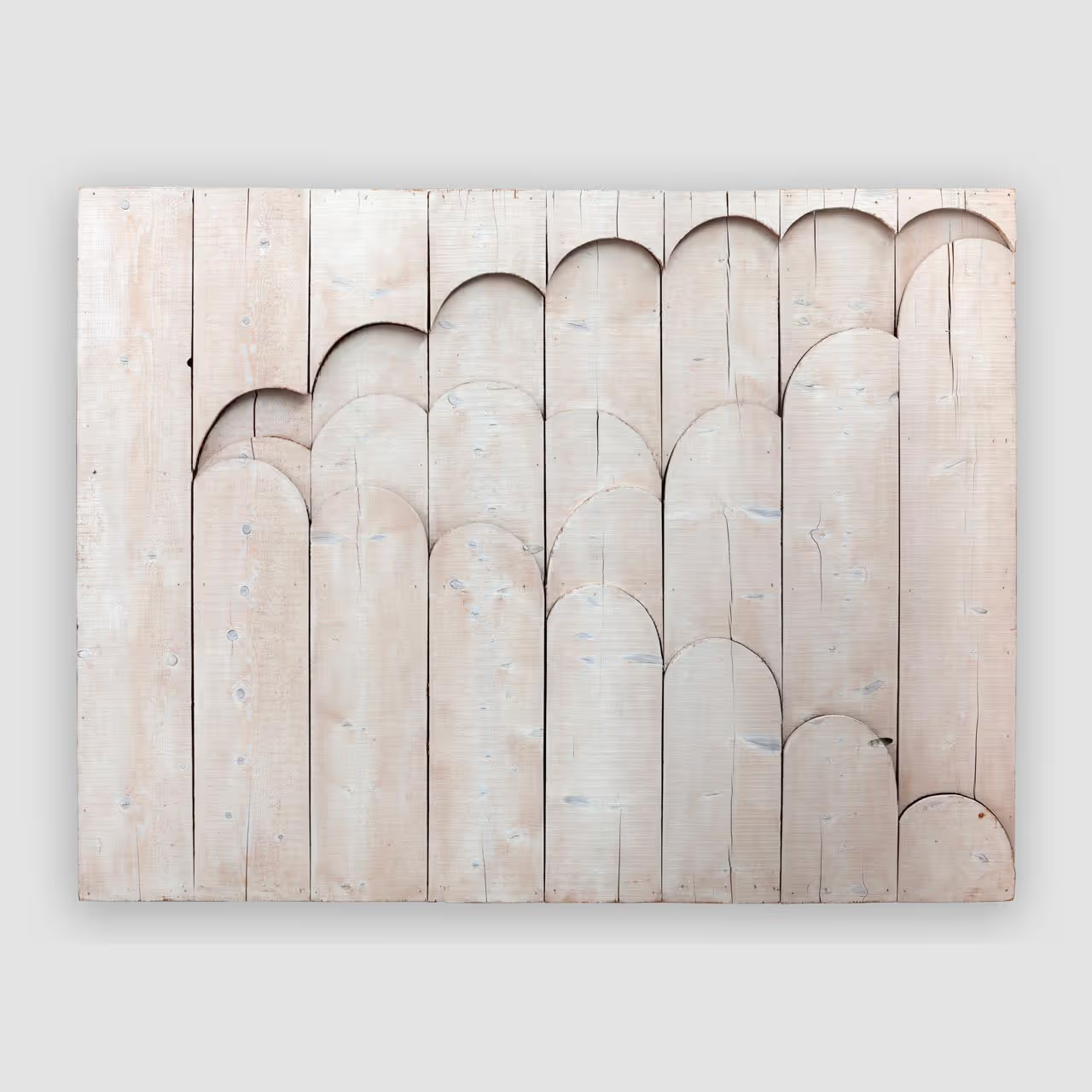Alfonso Hüppi

Alfonso Hüppi, born in Freiburg im Breisgau in 1935, is a Swiss painter, graphic artist and sculptor and is one of the most important representatives of the post-war avant-garde and postmodernism.
Hüppi's parents come from central Switzerland. Alfonso Hüppi trained as a silversmith in Lucerne from 1950 to 1954. In 1958, he spent two years traveling through the Middle East. He then studied sculpture at the Kunst- und Werkschule Pforzheim in 1960 and calligraphy at the Hochschule für Bildende Künste in Hamburg. From 1961 to 1964, he was a lecturer in calligraphy and visual design at the same university.
In 1962, Hüppi married the artist Brigitta Hüppi-Weber. Until the end of the 1960s, he worked at the Staatliche Kunsthalle in Baden-Baden. From 1974 to 1999, he held a professorship for painting at the Düsseldorf Art Academy. In 1998, together with Erwin Gebert, he founded the Etaneno Museum in the bush in Namibia, where he is still director of the museum and the artists' program.
Alfonso Hüppi's work ranges from spontaneous hand drawings to sculptural murals and wooden objects and oscillates between the genres of image, relief, object and installation. Stylistically, his works can be classified between the humor of surrealism and the aesthetics of concrete-constructivism.
Alfonso Hüppi lives and works in Baden-Baden, Berlin and Namibia.











